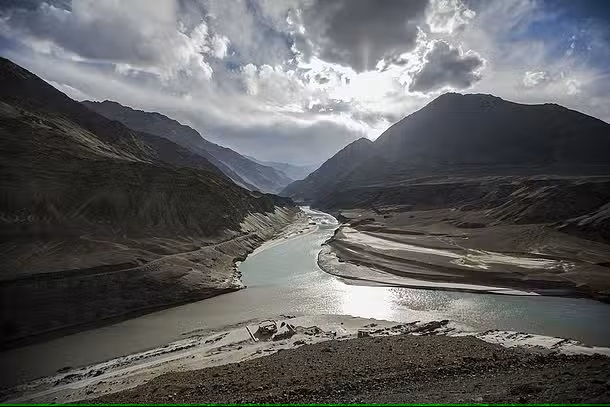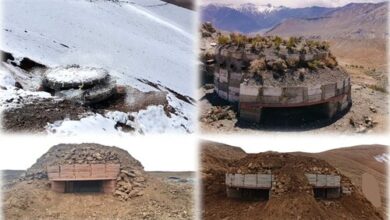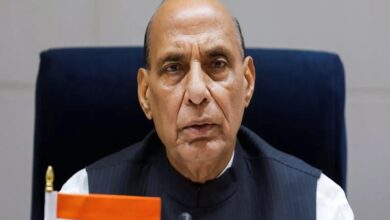India Gives Notice To Pakistan, Demands Modification Of Indus Waters Treaty

- The sentiments regarding water have also been robust in Punjab and Haryana, which could be the beneficiaries of additional projects and new technologies.
- The modification notice has been sent following extensive deliberations within the Government, according to reliable sources.
India served a formal notice to Pakistan on 30 August 2024, seeking its review and modification, in a significant move that indicates its growing frustration with the functioning of the 1960 Indus Waters Treaty. A duly ratified Treaty concluded between the two Governments for that purpose may from time to time modify the provisions of the Treaty, as stated in Article XII (3) of the Treaty.
These changes have occurred in response to an extended dispute regarding the management of the Ratle and Kishenganga hydroelectric projects. Indian officials are of the opinion that Pakistan has been compulsively obstructive regarding all projects on the Indian side and has exploited India’s generosity under the Indus Waters Treaty. The situation has become more complex as the World Bank has simultaneously activated the Neutral Expert mechanism and the Court of Arbitration, defying all logic. Additionally, it has been discovered that the Indian Government has stated in its most recent communication that the dispute resolution mechanism of the Treaty necessitates reconsideration.
India has issued a notification to Pakistan, requesting that the Indus Waters Treaty be amended. According to senior government officials, India has stated in its notice that the current situation renders it impossible to maintain the same treaty, necessitating its modification.
The Indian side served the notice on August 30, 2024.
India noted in its notice that the demography and the use of the Indus waters are evolving. It also stated, “We should consider amending the treaty in light of India’s pursuit of clean energy.”
India also referenced Pakistan’s ongoing terrorist activities and asserted that Pakistan was exploiting Indian generosity, necessitating a reevaluation.
India’s decision to implement this significant change is motivated by a variety of developments that have transpired since the Treaty’s conclusion in 1960. The Indian notification, as reported by reputable sources, emphasises fundamental and unforeseen changes in circumstances that necessitate a reevaluation of obligations under the various Articles of the Treaty. In order to underscore the fact that the 1960 understanding is no longer viable, three specific concerns have been highlighted.
According to sources, the initial factor was the substantial alteration of population demographics, which was accompanied by the associated agricultural and other uses of the water. The second was the necessity of expediting the advancement of clean energy in order to satisfy India’s emission objectives. The third underscores the effect of persistent cross-border terrorism in Jammu and Kashmir, which has impeded the smooth operation of the Treaty and undermined the full utilisation of India’s rights.
The Indian Government’s decision, according to experts, is indicative of both its frustration with Pakistan’s recalcitrant stance on the Indus water sharing and its increasing anger over the ongoing cross-border terrorist attacks. The 1960 Treaty has been the subject of increasing criticism for its overly optimistic portrayal of the relationship between Pakistan and the United States.
However, subsequent events have exposed a profound animosity towards India, which is most explicitly demonstrated through support for terrorism. In Jammu and Kashmir, there have been persistent calls for a review of the Treaty, as the public believes that their rights were forfeited without any consultations. This is interesting. The sentiments regarding water have also been robust in Punjab and Haryana, which could be the beneficiaries of additional projects and new technologies.
The modification notice has been sent following extensive deliberations within the Government, according to reliable sources. This is perceived as an indication of the Modi Government’s resolve to rectify a historical error.







Facebook Comments